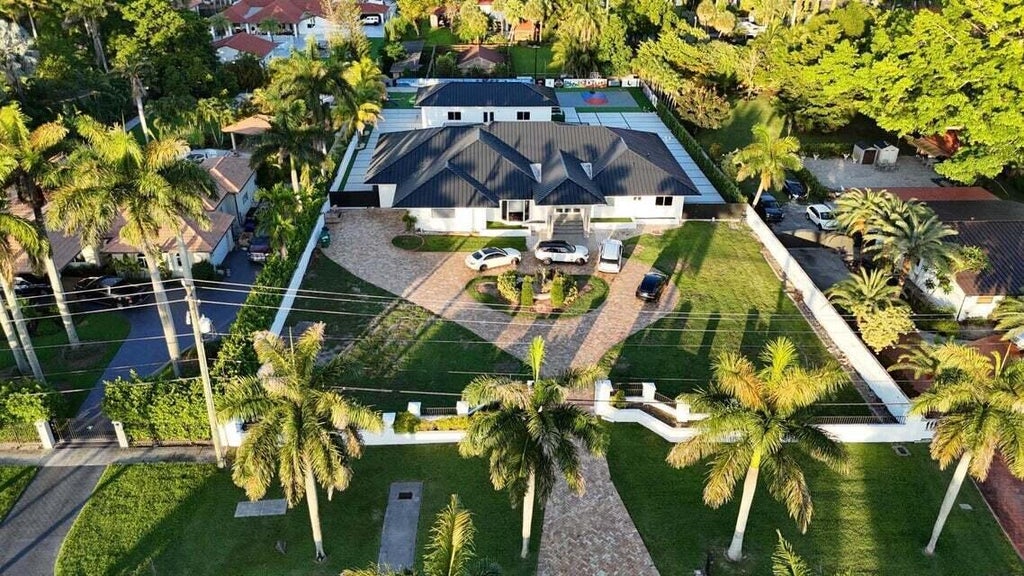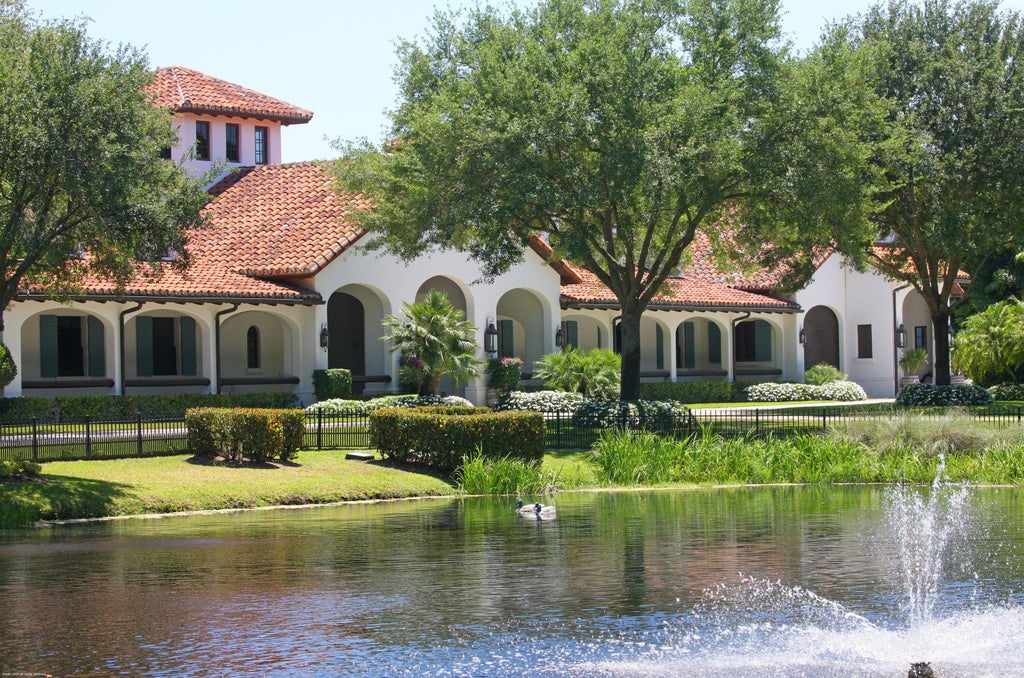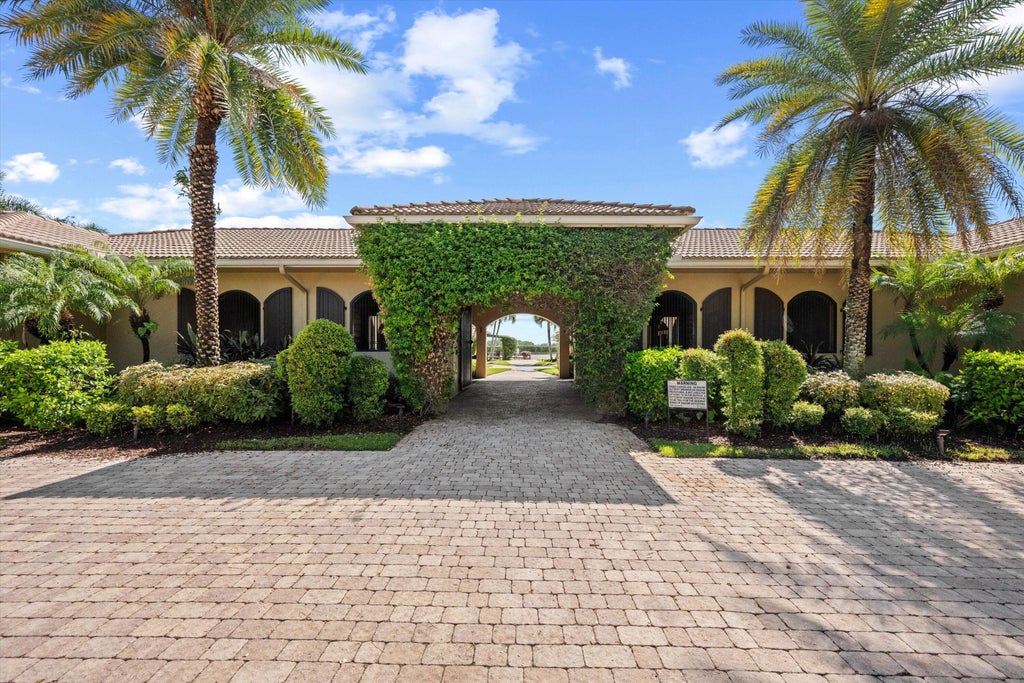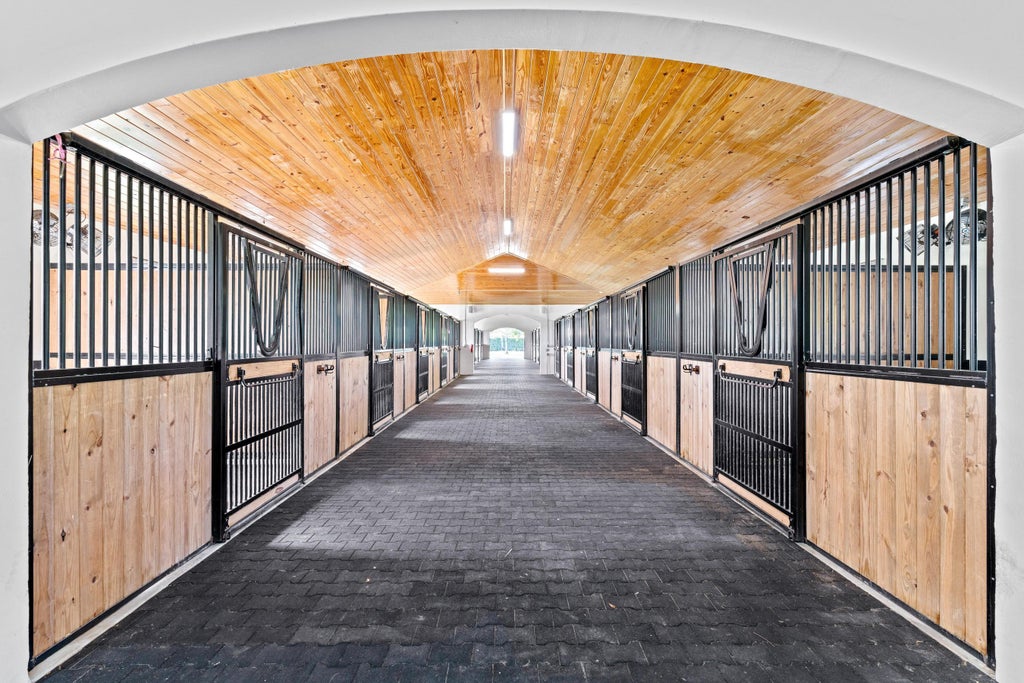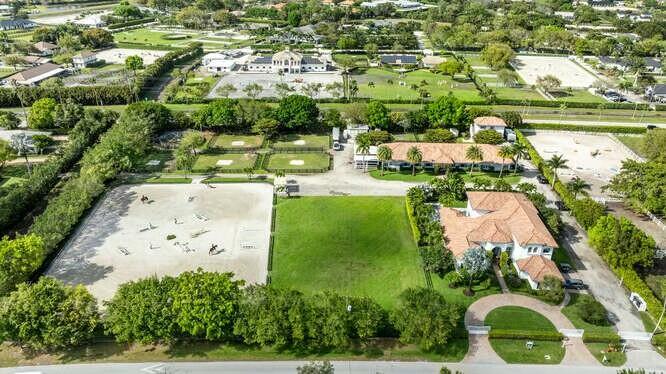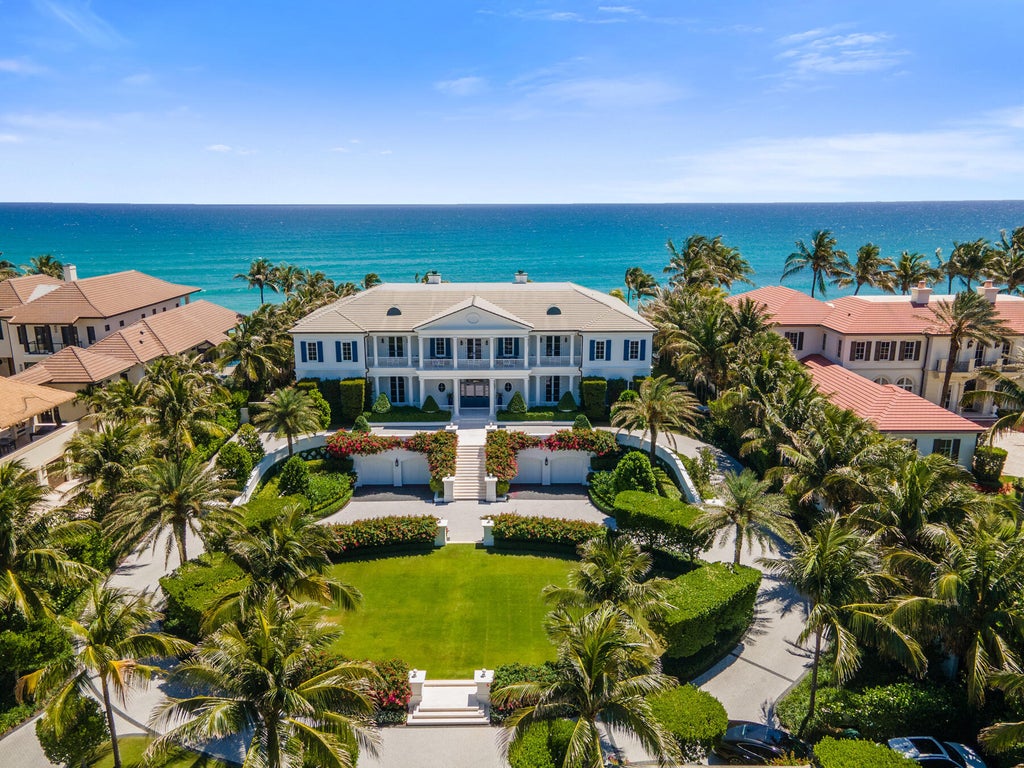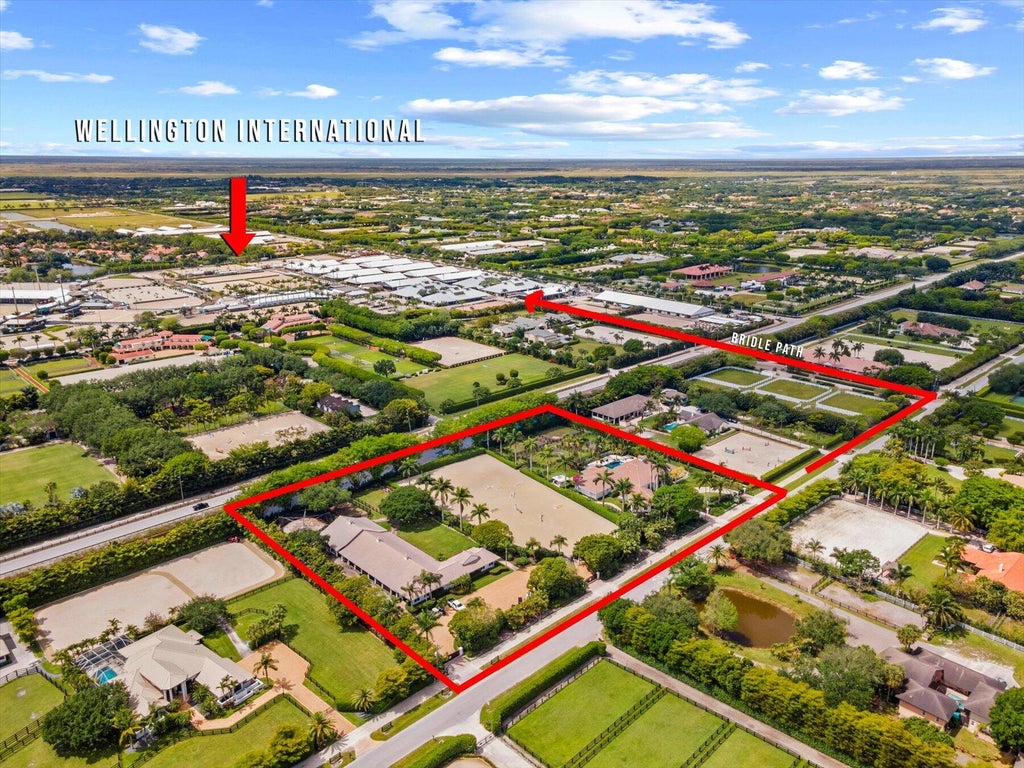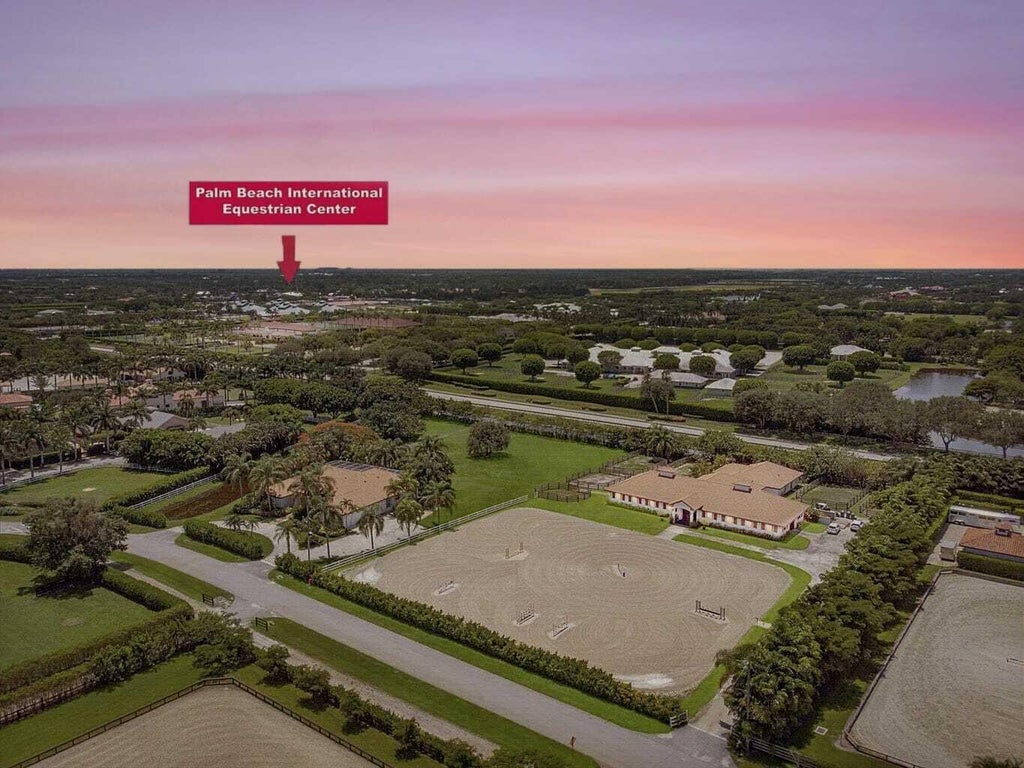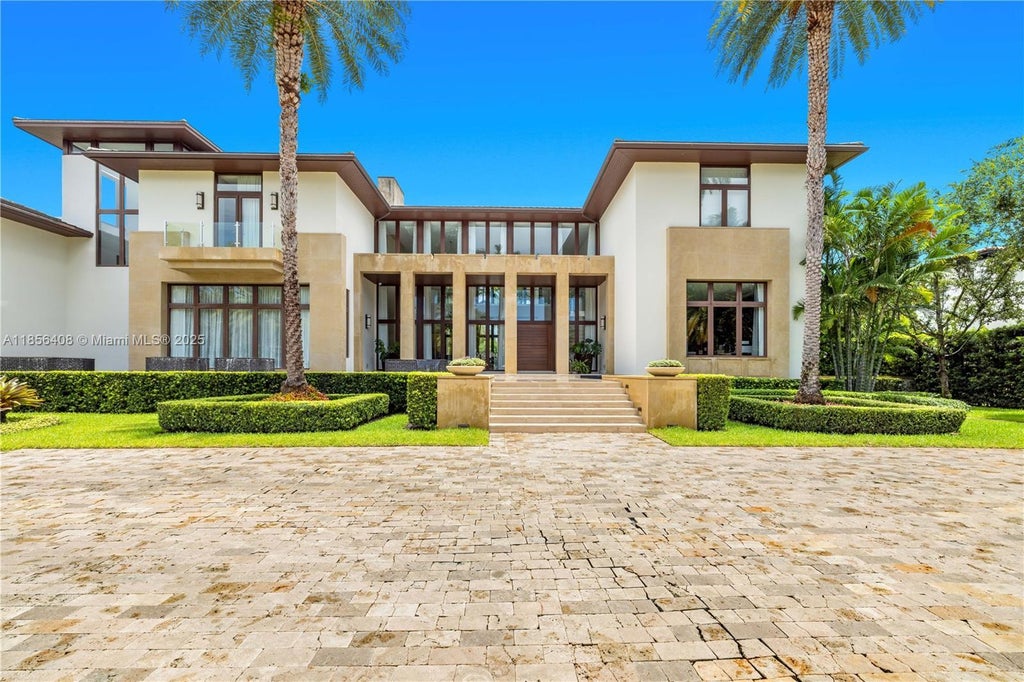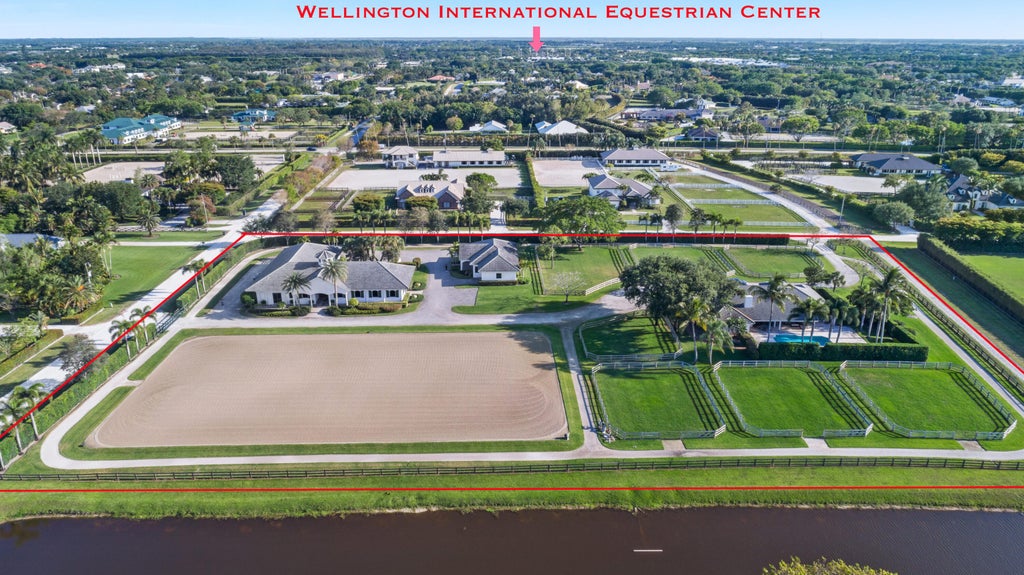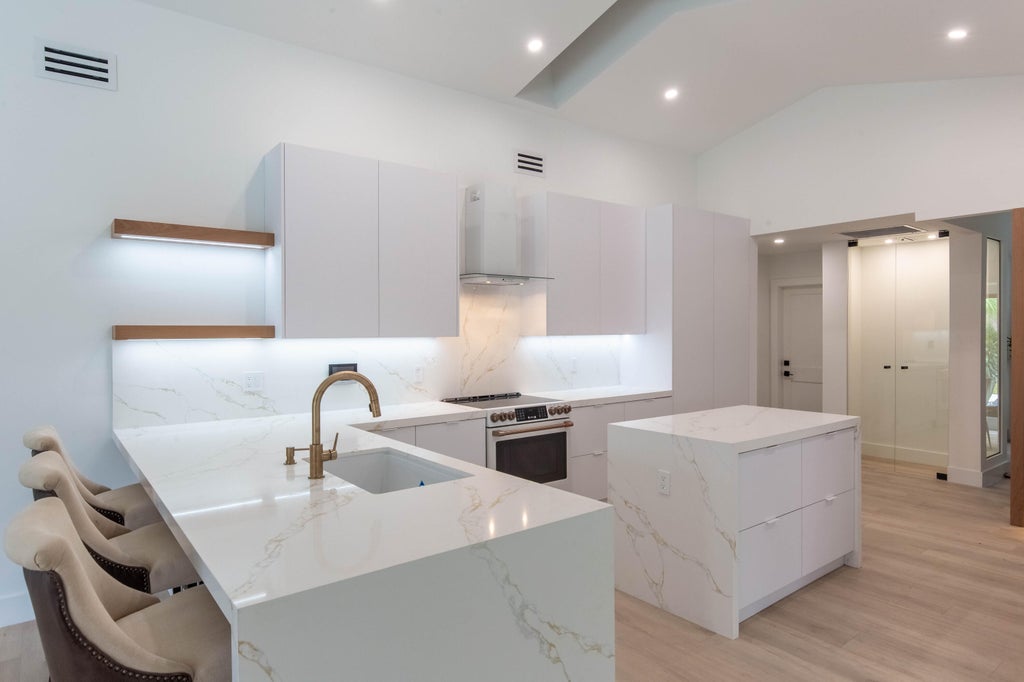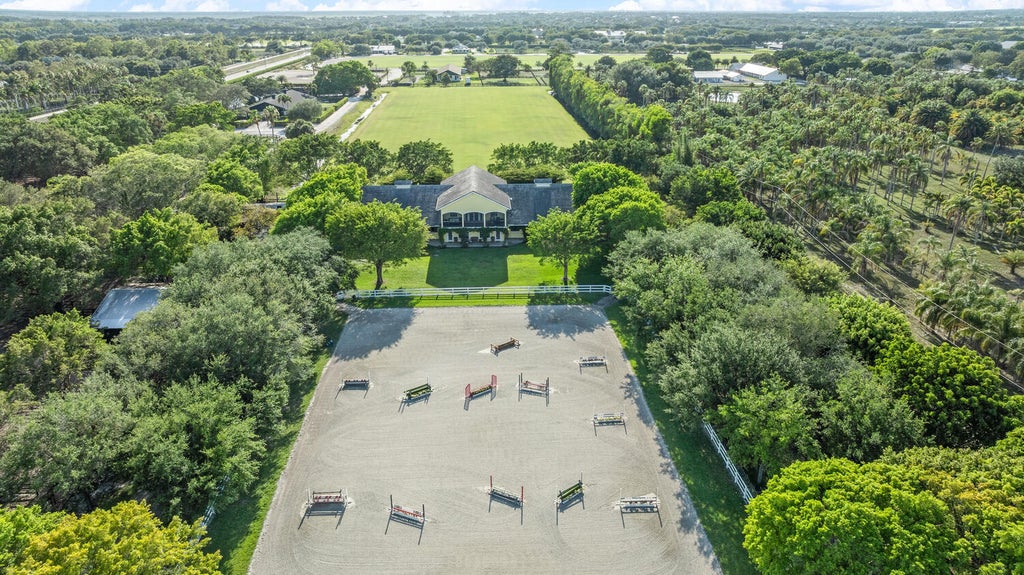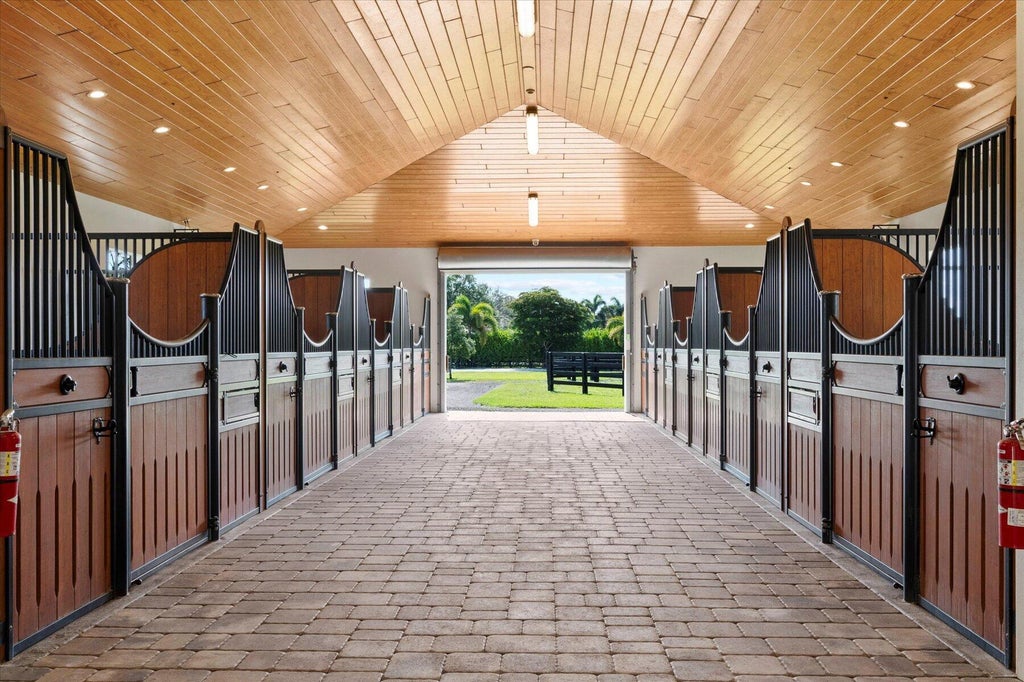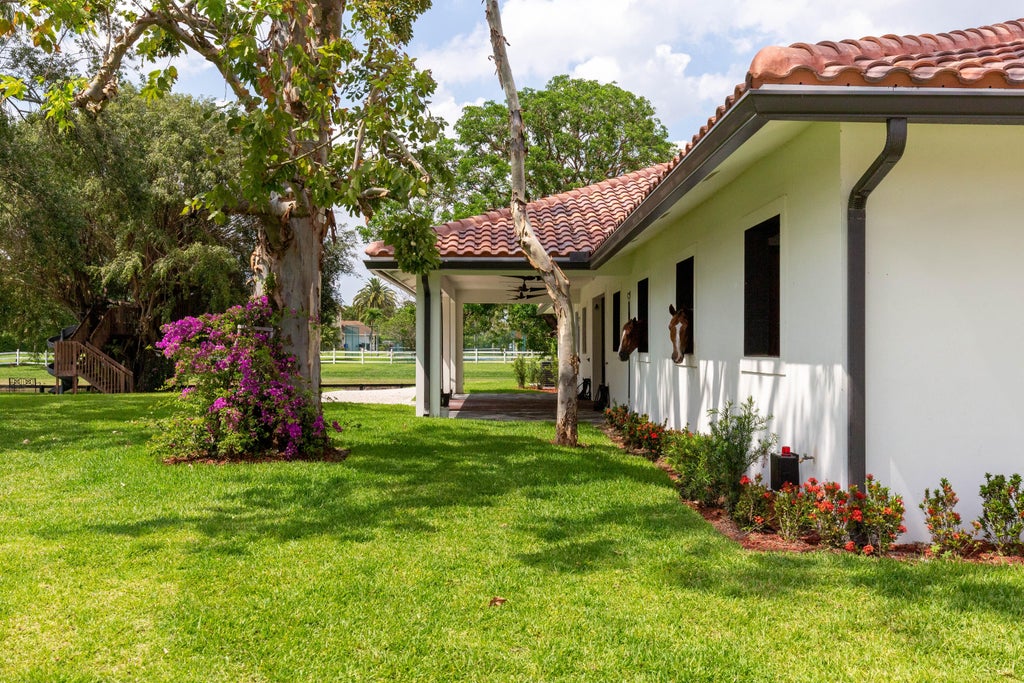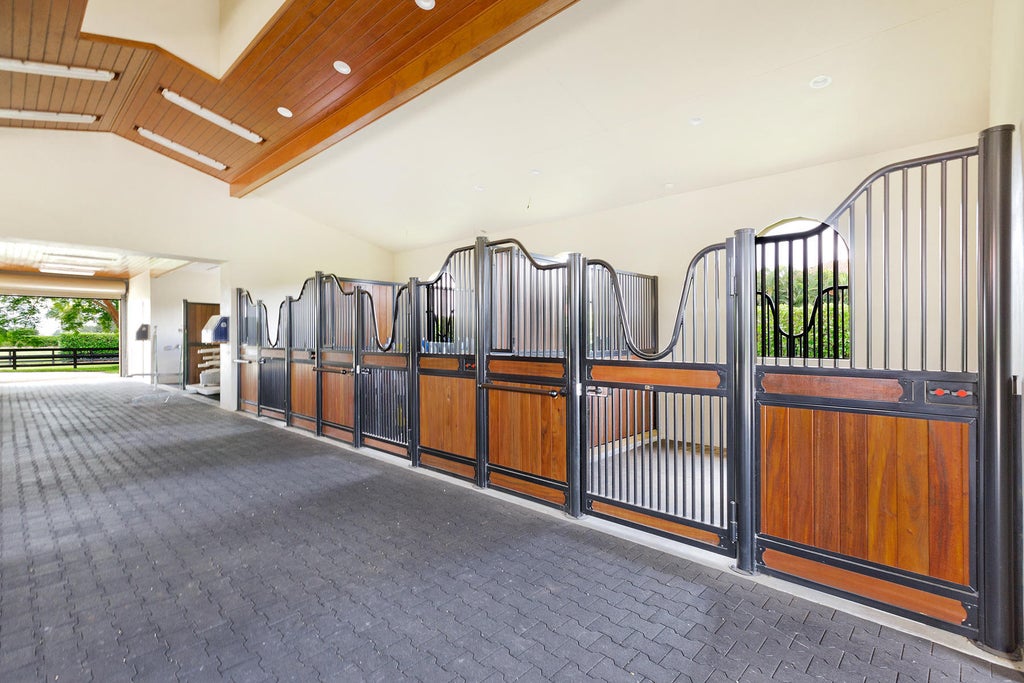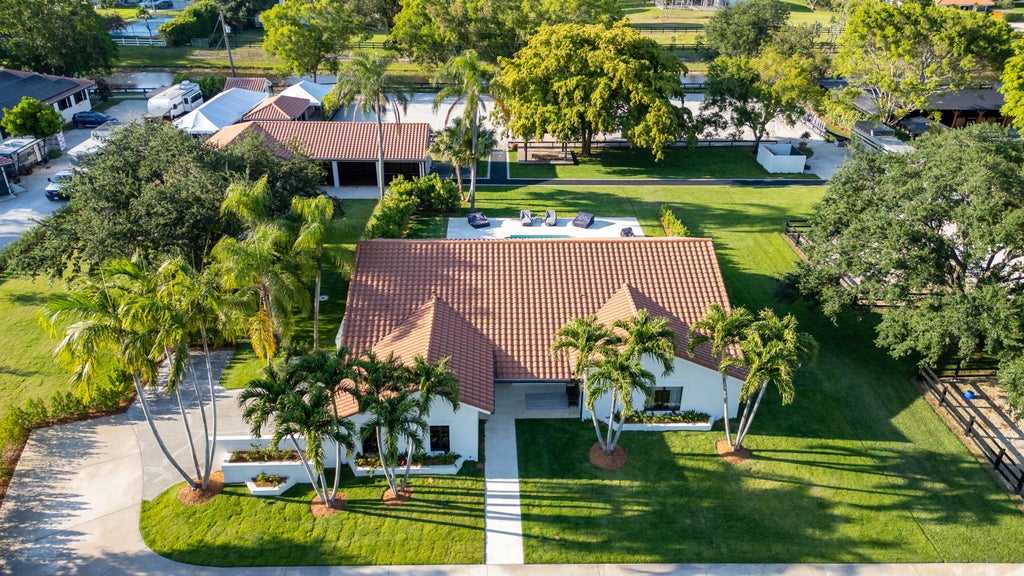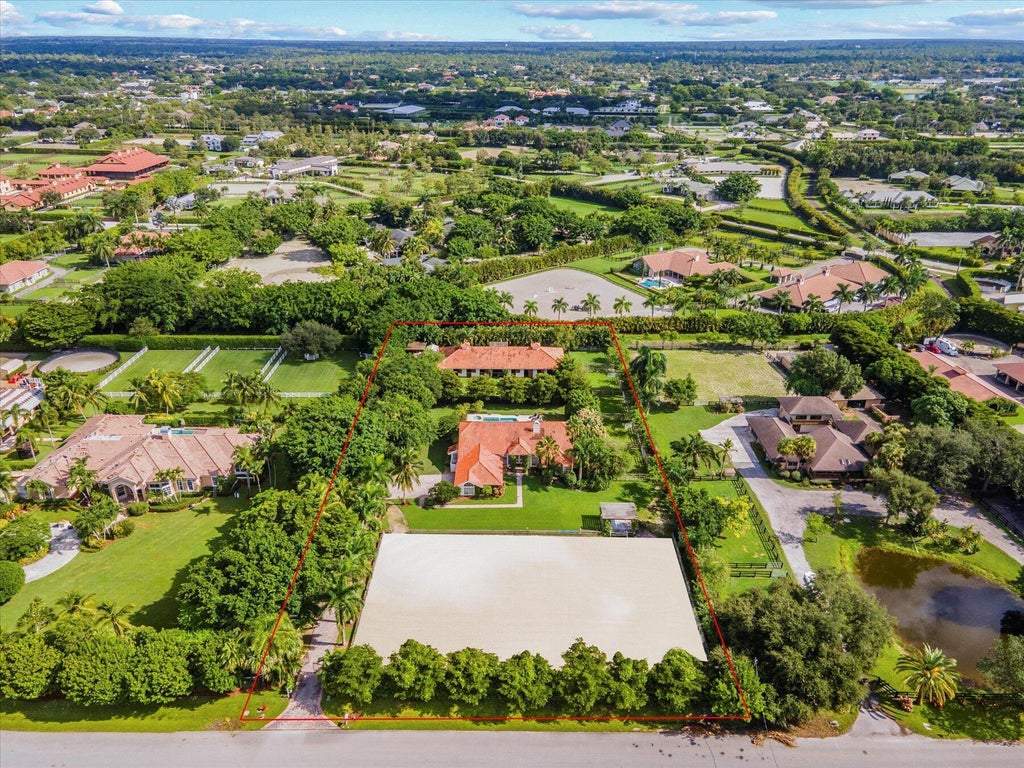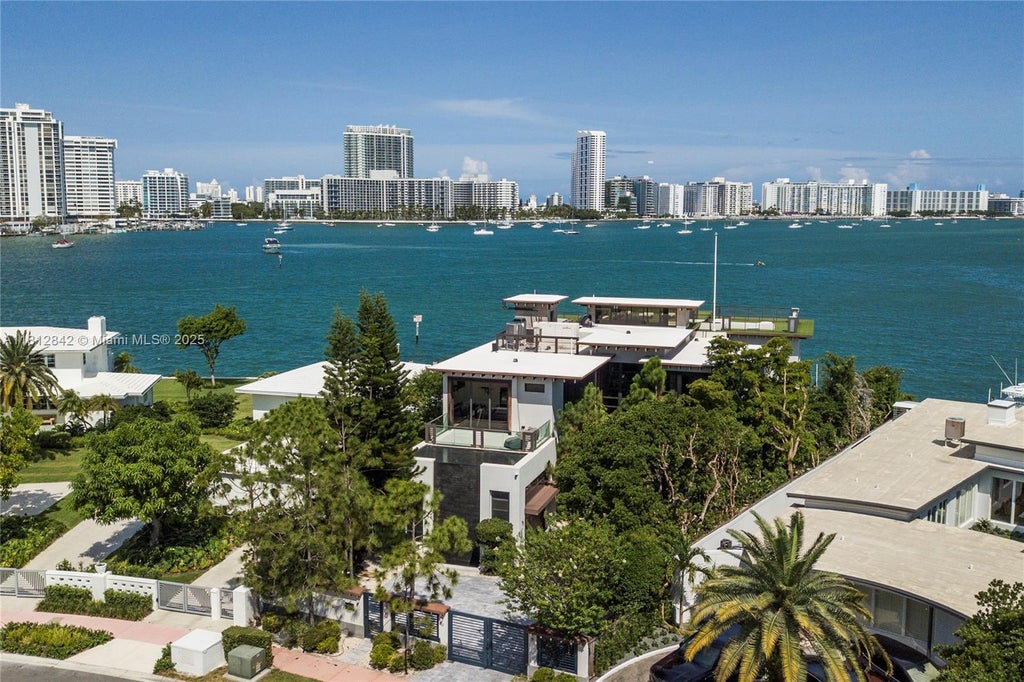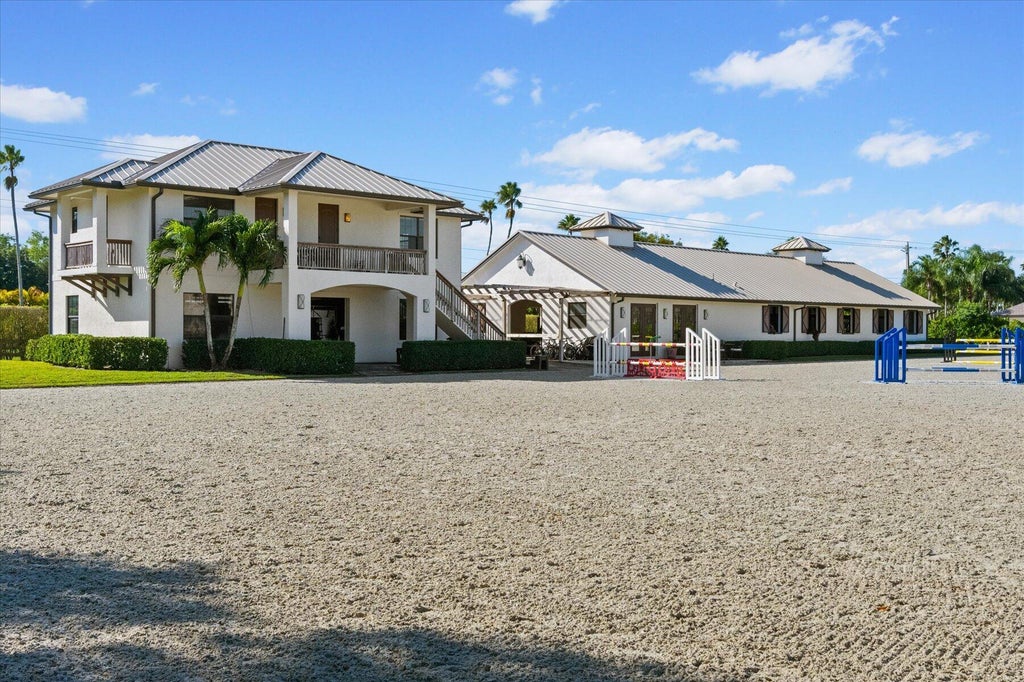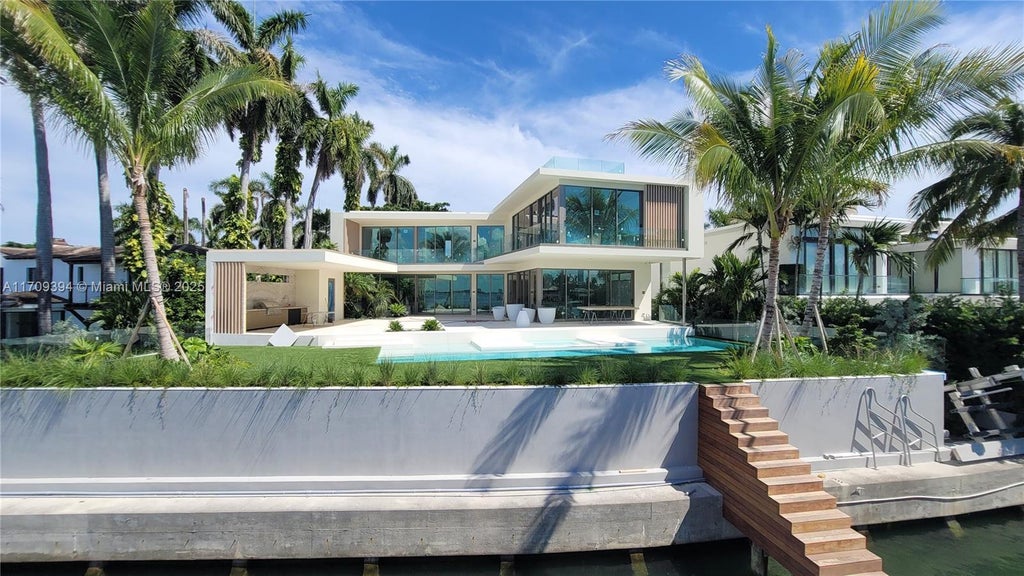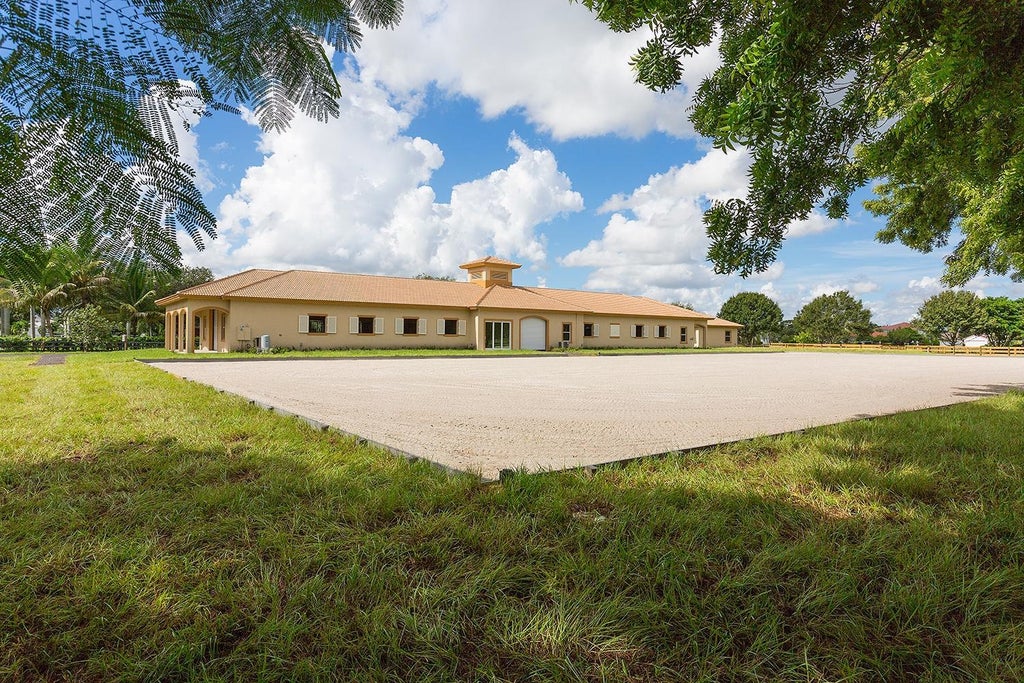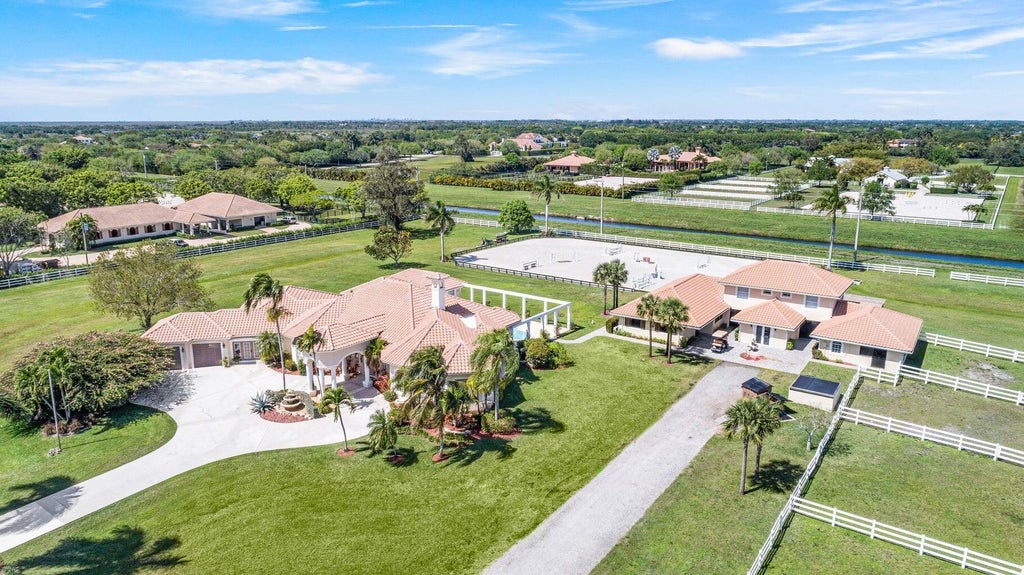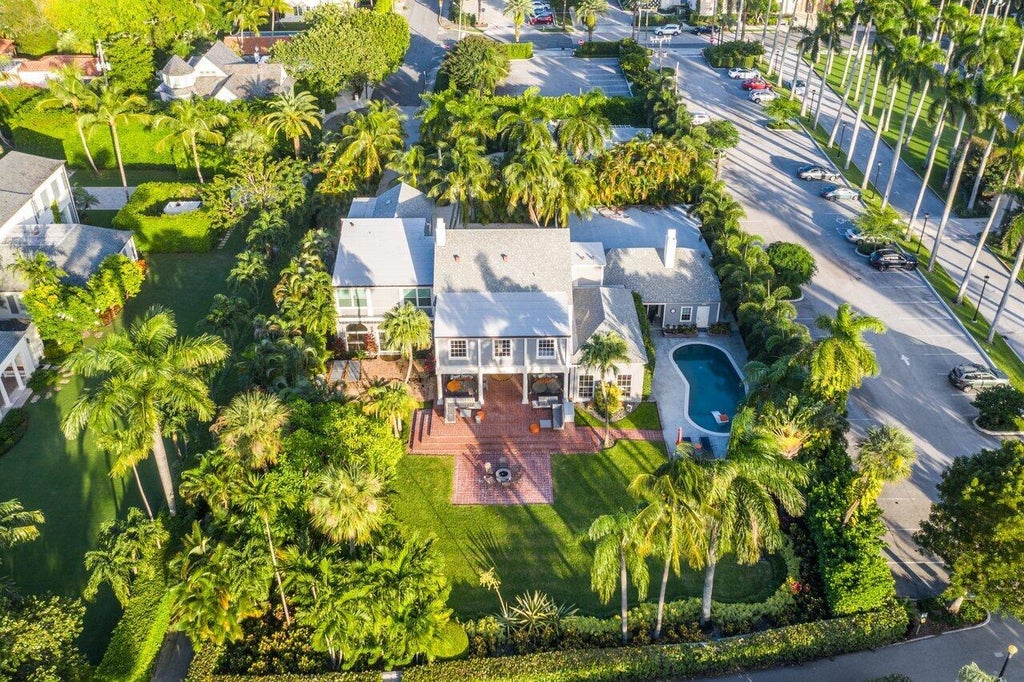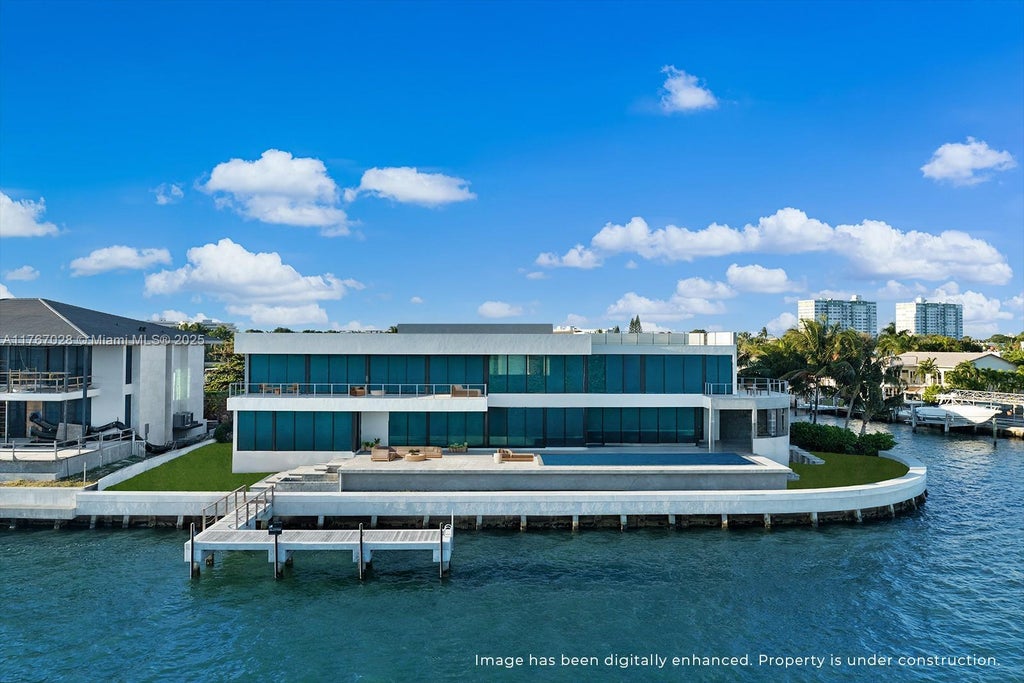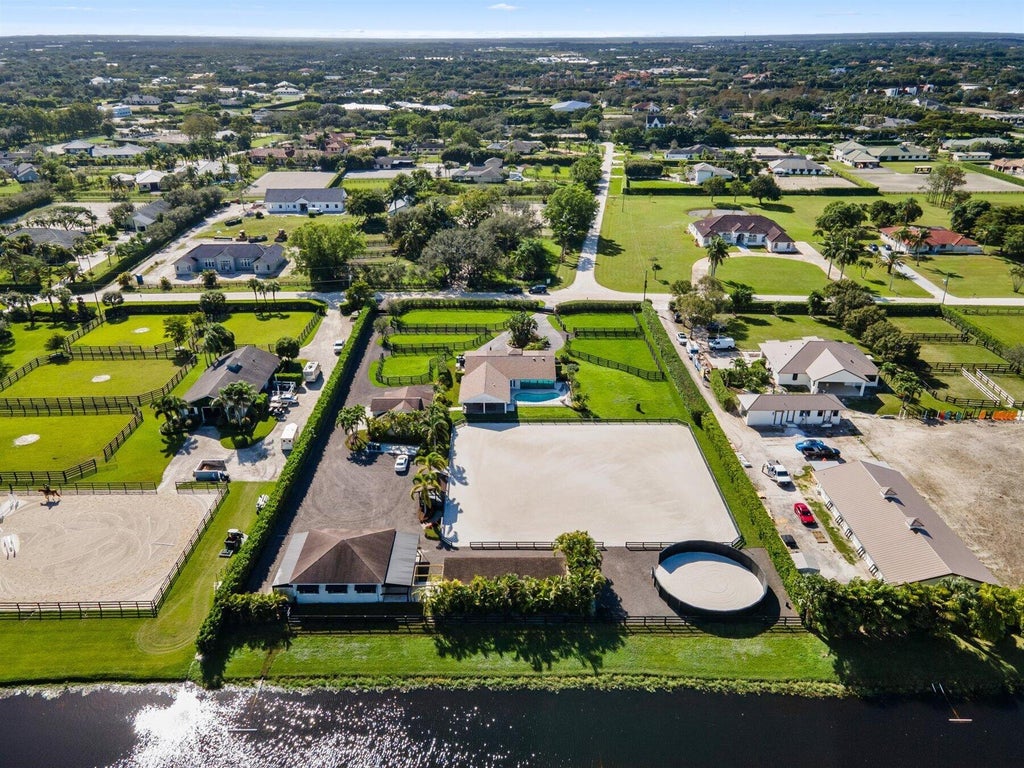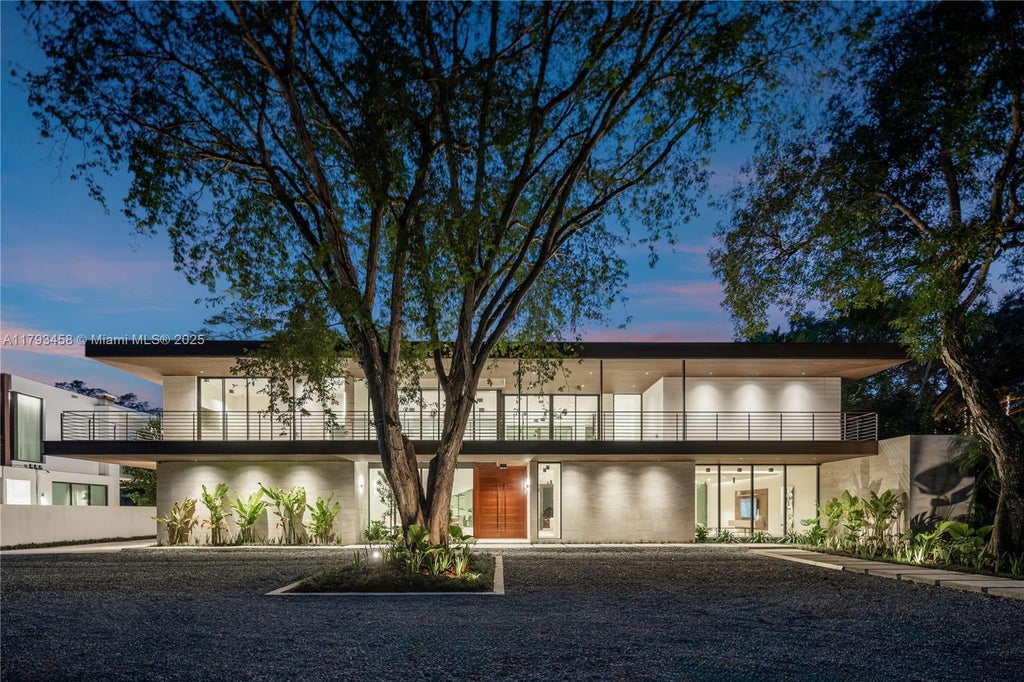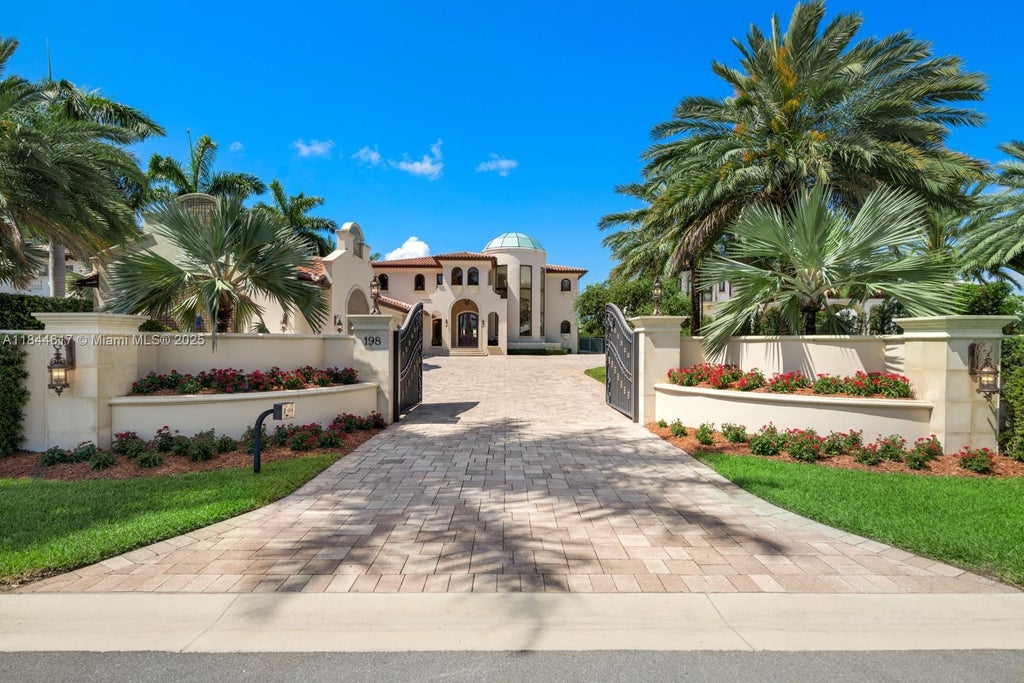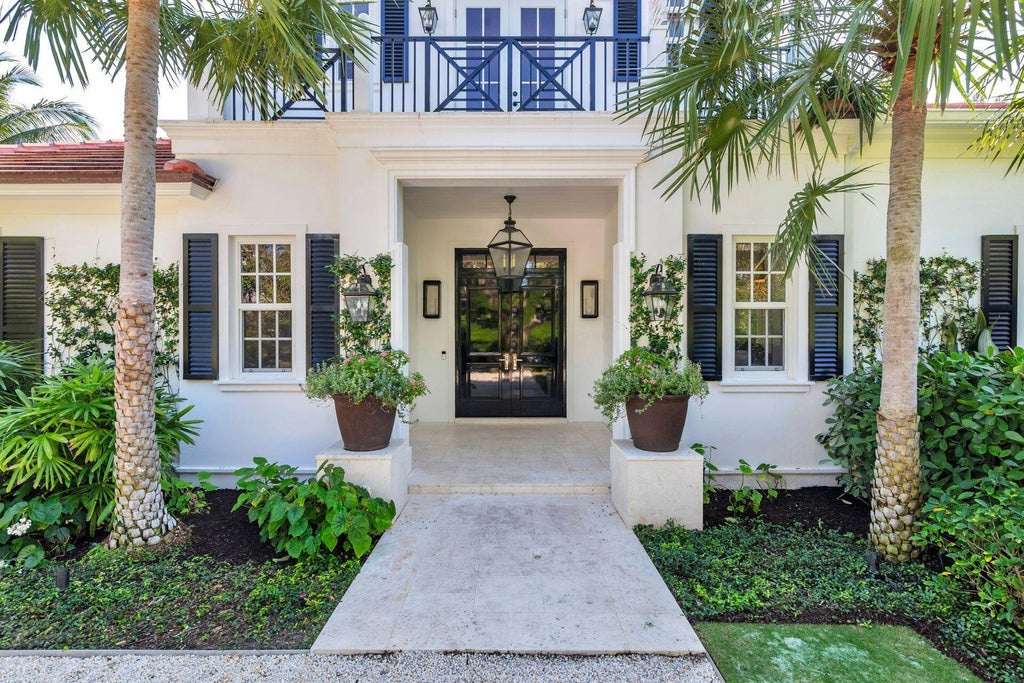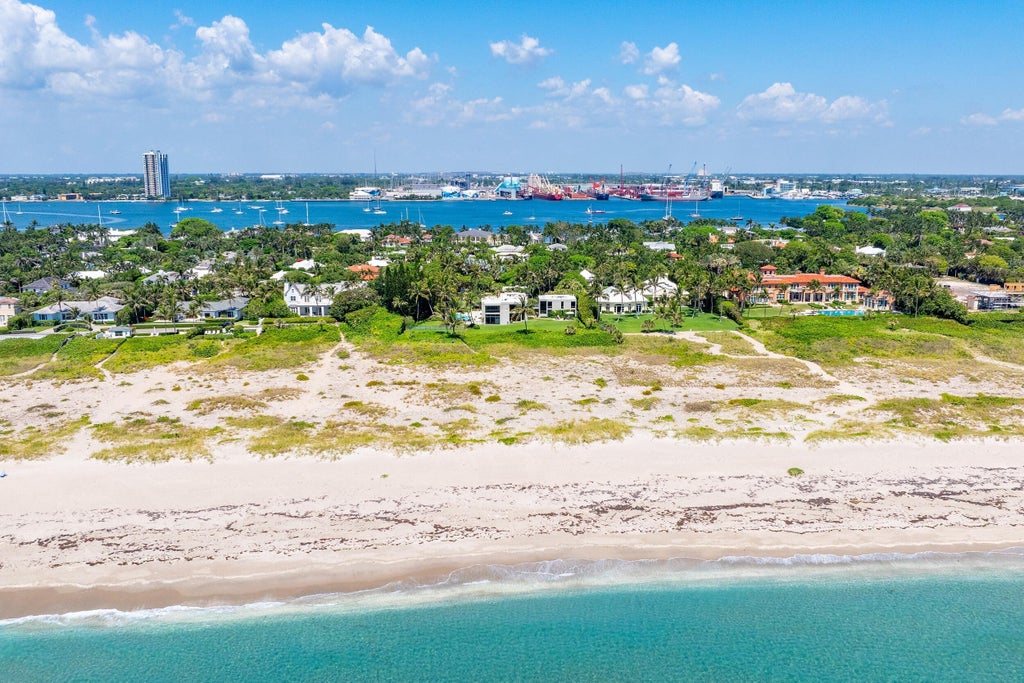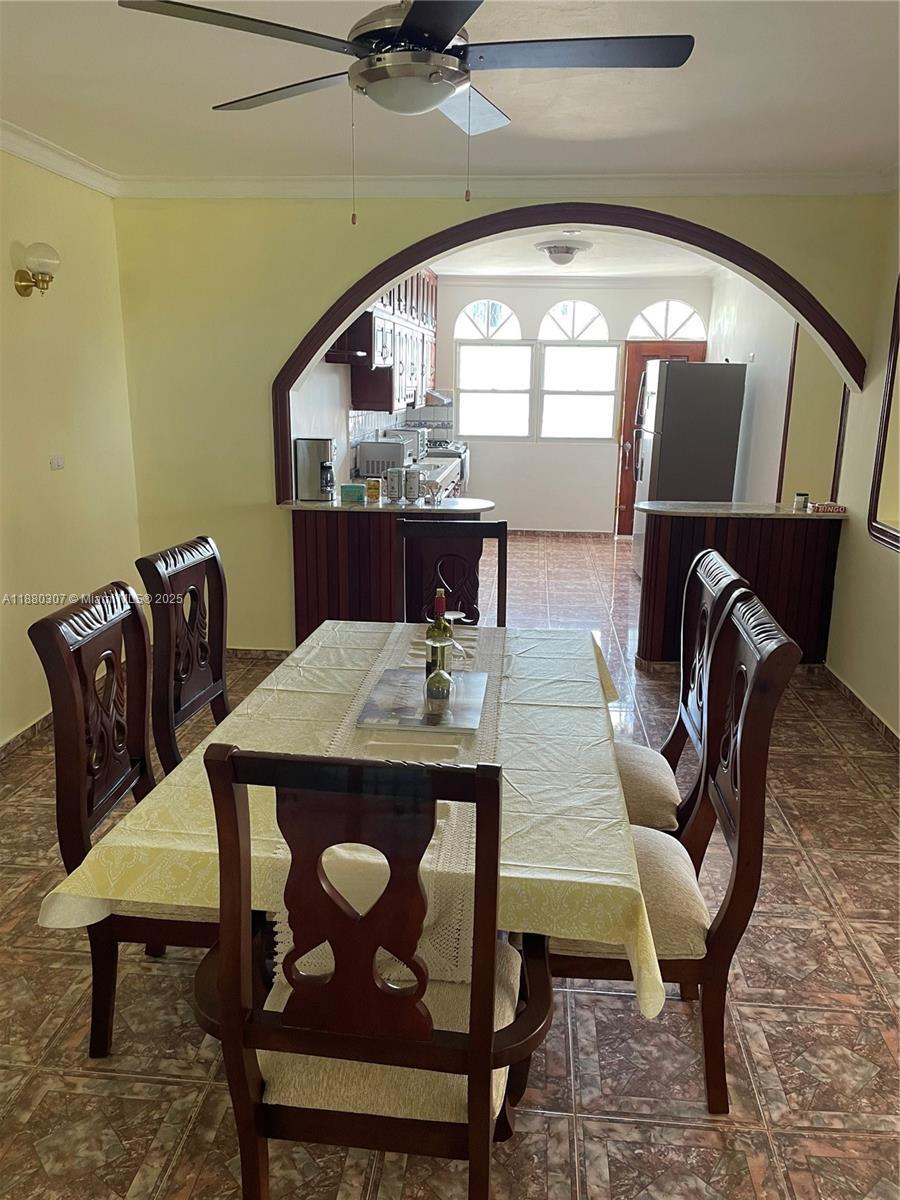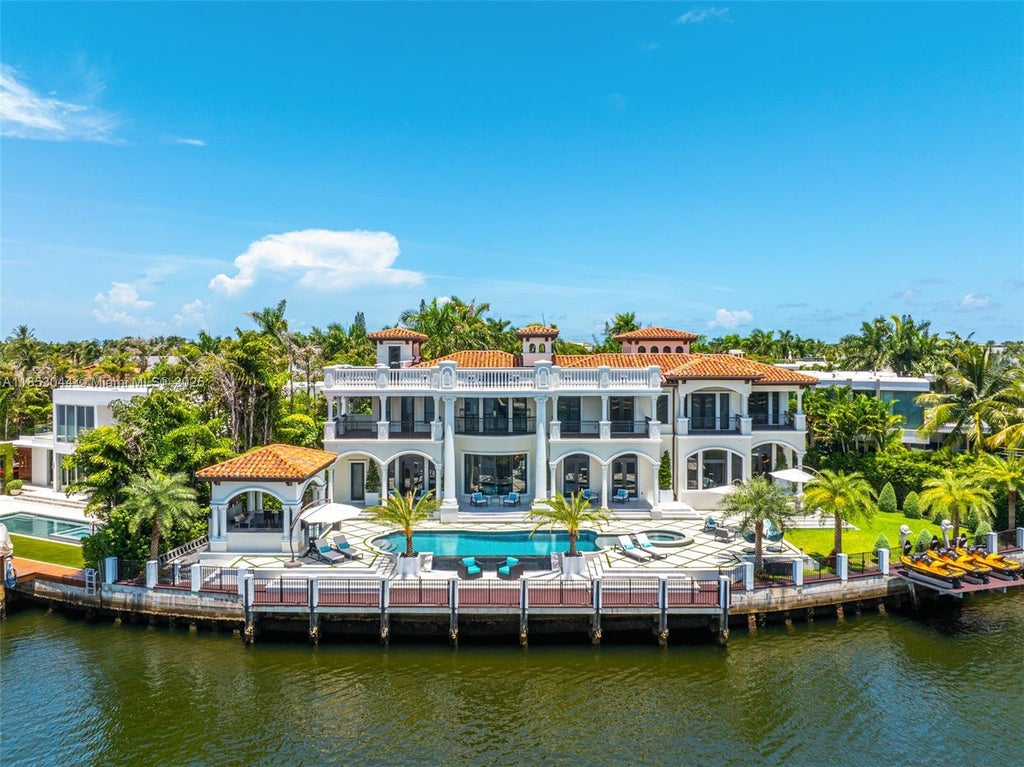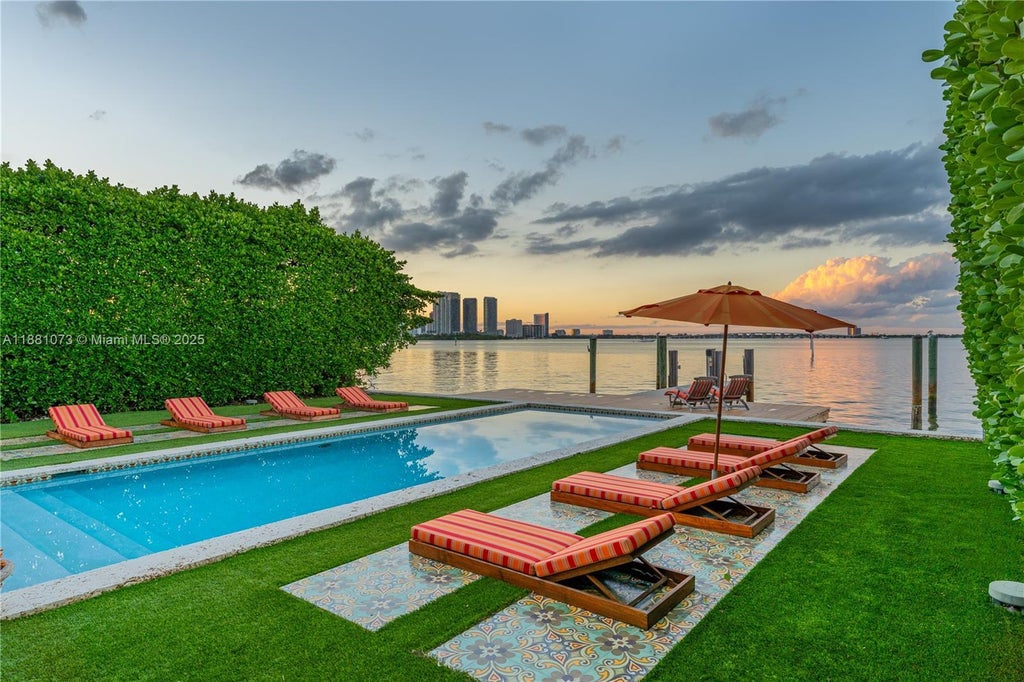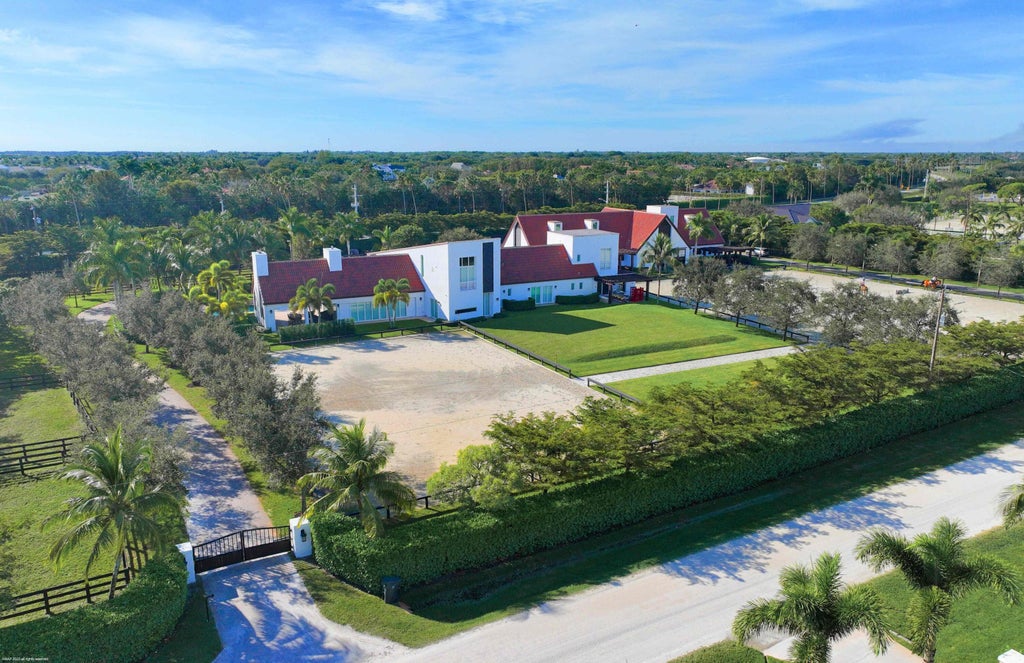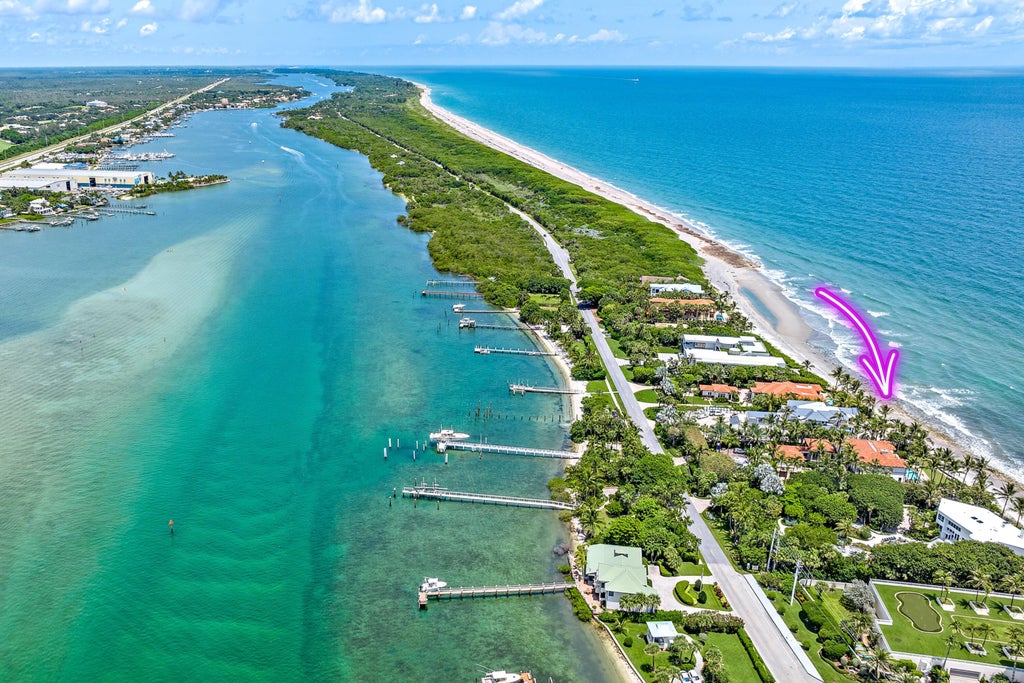Property Types
(active listings)
Real Estate Statistics
Average Price
$5.2K
Lowest Price
$175
Highest Price
$4.3M
Total Listings
25,255
Avg. Days On Market
107
Avg. Price/SQFT
$4
South Florida Homes for Rent
Find Your Ideal Home: South Florida Rentals Guide
Explore the vibrant market of South Florida homes for rent. Discover the diverse options, rental processes, and best neighborhoods in this comprehensive guide.
Introduction
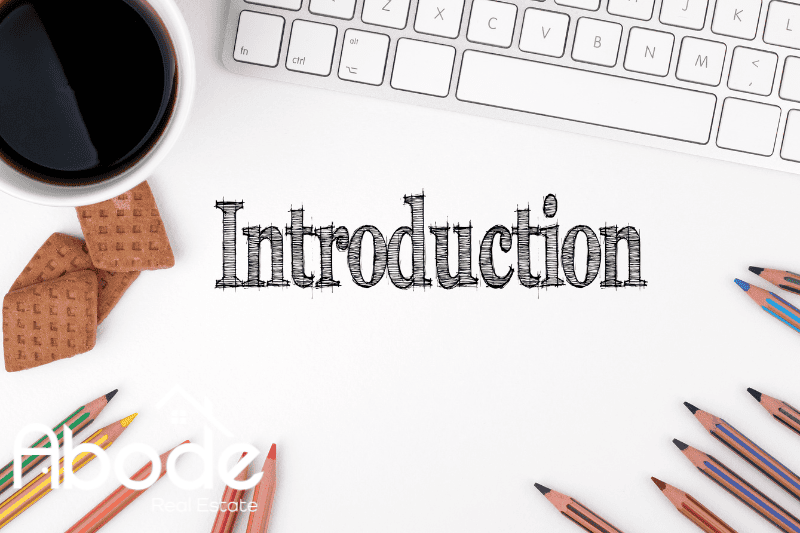
South Florida, known for its stunning beaches, cultural diversity, and vibrant nightlife, is a prime destination for renters.
Whether you're seeking a beachfront condo, a suburban family home, or a chic downtown apartment, South Florida offers a plethora of rental options to suit various lifestyles and budgets.
This article delves into the essentials of renting in South Florida, providing a detailed guide to help you find the perfect home.
Understanding the South Florida Rental Market
The South Florida rental market is dynamic and diverse, reflecting the region's cultural richness and economic vitality. Over the years, the market has seen significant fluctuations driven by seasonal variations, economic conditions, and demographic trends. In the peak winter months, known as the "snowbird season," rental prices tend to surge due to the influx of temporary residents escaping colder climates. Conversely, the summer months often see a dip in prices, providing opportunities for more affordable rentals.
Market Trends
The South Florida rental market is influenced by various factors, including the tourism industry, employment rates, and migration patterns. Recently, there has been a noticeable increase in demand for rental properties, driven by the rising cost of homeownership and a growing population of young professionals and retirees seeking flexibility.
Seasonal Variations
Understanding the seasonal trends can help renters find the best deals. During the winter months, rental prices can increase by 20-30% in popular areas like Miami Beach and Fort Lauderdale. On the other hand, the summer off-peak season can offer more competitive pricing and greater availability.
Rental Prices Comparison
Rental prices in South Florida vary significantly based on location, property type, and amenities. For instance, a one-bedroom apartment in Miami's Brickell neighborhood may cost around $2,500 per month, whereas a similar unit in a suburban area like Coral Springs could be around $1,500. Comparing prices across different neighborhoods and property types can help renters find the best value for their budget.
Benefits of Renting in South Florida

Renting a home in South Florida offers numerous advantages, making it an attractive option for many individuals and families.
Lifestyle Advantages
South Florida boasts a vibrant lifestyle with its pristine beaches, diverse cultural scene, and year-round warm climate. Renting provides the flexibility to enjoy these amenities without the long-term commitment of homeownership.
Economic Factors
Economically, renting can be more feasible for many due to the high property prices in South Florida. It allows for financial flexibility, with fewer upfront costs compared to purchasing a home.
Flexibility
One of the main benefits of renting is the ability to relocate easily. This is particularly advantageous for those who may need to move for work, education, or personal reasons. Renters also have the freedom to choose neighborhoods that best suit their lifestyle and needs.
Top Cities for Renting in South Florida
South Florida encompasses several cities that are popular among renters, each offering unique attractions and living environments.
Miami
Miami is renowned for its vibrant nightlife, cultural diversity, and beautiful beaches. Miami offers a range of rental options from high-rise apartments in downtown to cozy homes in quieter neighborhoods.
Fort Lauderdale
Known as the "Venice of America" for its extensive canal system, Fort Lauderdale is a hub for boating enthusiasts and offers a mix of luxurious waterfront properties and more affordable inland rentals.
Palm Beach
Palm Beach provides a more relaxed lifestyle with its historic districts, beautiful parks, and vibrant arts scene. It's an ideal location for those looking for a quieter yet culturally rich environment.
Popular Neighborhoods in Miami
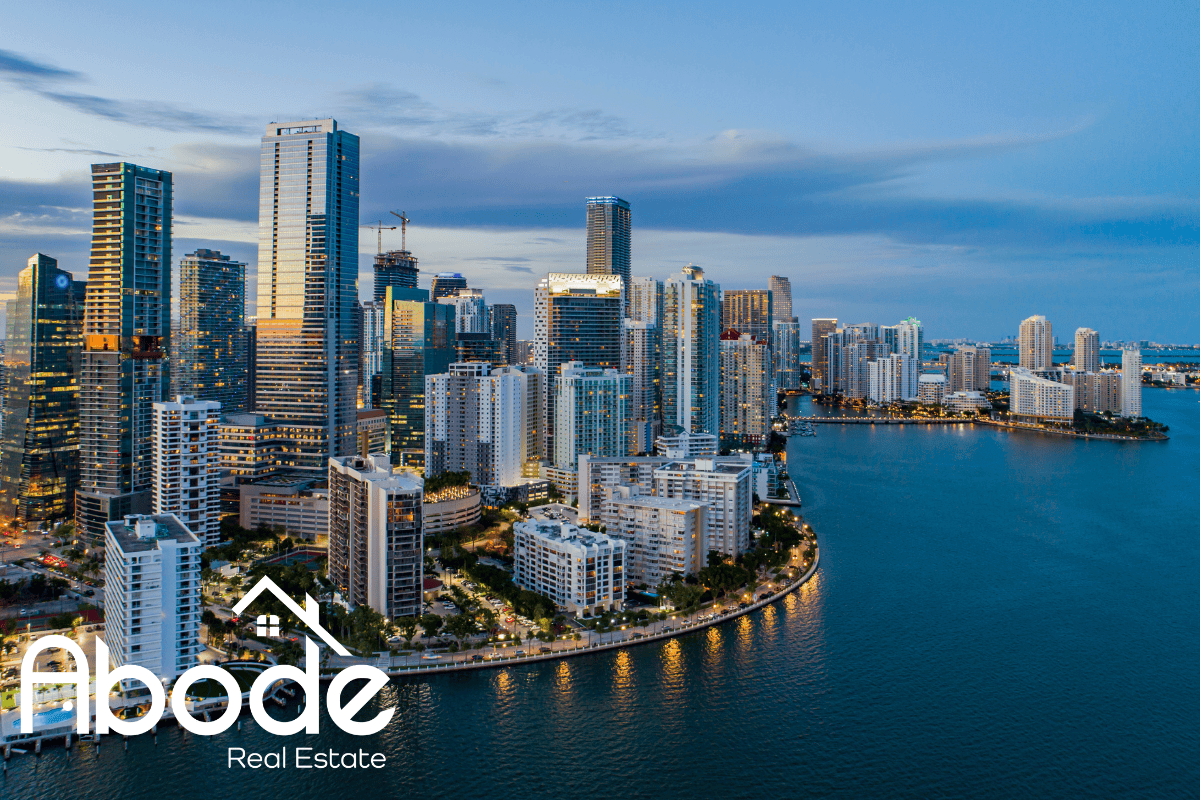
Miami's neighborhoods each have their unique charm and appeal, catering to different preferences and lifestyles.
Brickell
Brickell is Miami's financial district, known for its high-rise condos, upscale restaurants, and lively nightlife. It's a perfect choice for young professionals and those who enjoy an urban lifestyle.
Wynwood
Wynwood is famed for its colorful murals, trendy galleries, and eclectic dining options. It's a vibrant neighborhood that attracts artists, creatives, and young families.
Little Havana
Little Havana offers a taste of Cuban culture with its bustling streets, Latin music, and delicious cuisine. It's a lively neighborhood that provides an immersive cultural experience.
Popular Neighborhoods in Fort Lauderdale

Fort Lauderdale features several neighborhoods that cater to a variety of tastes and preferences.
Las Olas
Las Olas is known for its upscale dining, shopping, and nightlife. The neighborhood is perfect for those seeking a vibrant and luxurious living experience.
Victoria Park
Victoria Park offers a mix of historic charm and modern conveniences. It's a family-friendly area with beautiful parks and tree-lined streets.
Coral Ridge
Coral Ridge is a quiet, residential neighborhood ideal for families. It features spacious homes, excellent schools, and proximity to shopping and dining options.
Popular Neighborhoods in West Palm Beach

West Palm Beach boasts several attractive neighborhoods that offer a high quality of life.
Downtown
Downtown West Palm Beach is a bustling area with a mix of condos, apartments, and townhomes. It's known for its lively nightlife, arts scene, and waterfront views.
Northwood
Northwood is a historic neighborhood with charming homes, tree-lined streets, and a strong sense of community. It's a great area for those who appreciate architecture and history.
El Cid
El Cid is a prestigious neighborhood with stunning historic homes and beautiful waterfront properties. It offers a quiet, upscale living environment.
Types of Homes for Rent
South Florida's rental market offers a diverse array of housing options to meet various needs and preferences.
Apartments
Apartments are a popular choice, particularly in urban areas. They range from budget-friendly studios to luxury high-rise units with extensive amenities.
Condos
Condos offer a blend of apartment living and homeownership, often featuring shared amenities such as pools, gyms, and security services.
Single-Family Homes
Single-family homes are ideal for families seeking more space and privacy. They can be found in both urban and suburban settings, offering a range of sizes and styles.
Townhouses
Townhouses provide a middle ground between apartments and single-family homes. They offer multiple levels of living space and often include private garages and small yards.
Luxury Rentals in South Florida
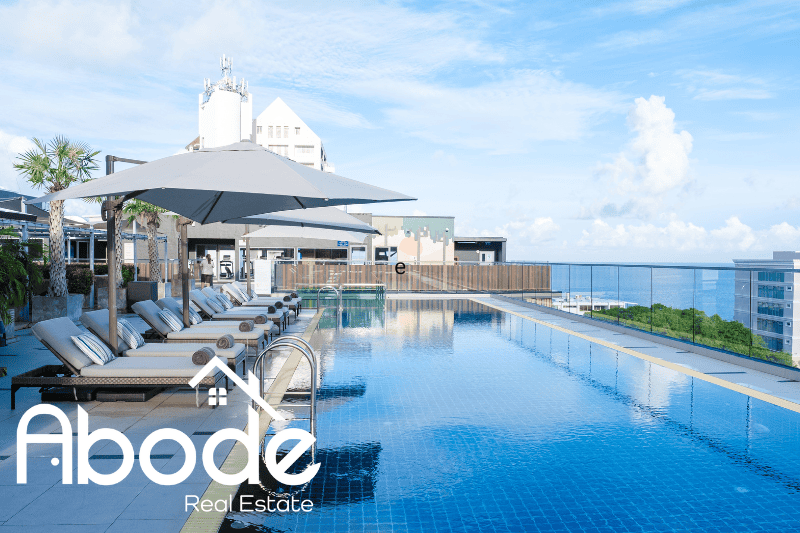
For those seeking upscale living, South Florida offers a plethora of luxury rental options.
High-End Amenities
Luxury rentals often come with high-end amenities such as rooftop pools, state-of-the-art fitness centers, concierge services, and private beach access.
Prime Locations
These rentals are typically located in prime areas such as Miami Beach, Fort Lauderdale's Las Olas, and West Palm Beach's El Cid, providing easy access to the best dining, shopping, and entertainment.
Rental Prices
Luxury rentals command higher prices, reflecting their premium features and prime locations. Monthly rents can range from $5,000 to over $20,000, depending on the property and location.
Affordable Housing Options
Despite its reputation for luxury, South Florida also offers affordable rental options.
Budget-Friendly Areas
Areas like North Miami, Lauderhill, and Lake Worth offer more affordable rental prices while still providing access to South Florida's amenities.
Government Assistance Programs
Various government programs are available to assist low-income renters. These include Section 8 housing vouchers and public housing options, which can significantly reduce rental costs.
Furnished vs. Unfurnished Rentals
When renting a home, one of the choices you'll need to make is between furnished and unfurnished properties.
Pros and Cons
Furnished rentals provide convenience, especially for short-term stays, but often come with higher monthly rents. Unfurnished rentals, while more affordable, require an upfront investment in furniture.
Cost Differences
Furnished rentals typically cost 10-20% more than unfurnished ones, reflecting the added convenience and wear and tear on the provided furnishings.
Availability
Furnished rentals are more common in urban areas and tourist destinations, catering to short-term renters and business travelers. Unfurnished rentals are widely available across all types of neighborhoods.
Pet-Friendly Rentals

Finding a pet-friendly rental can be challenging, but South Florida offers numerous options for pet owners.
Policies
Many landlords allow pets but may impose restrictions on the type and number of pets, as well as additional fees or deposits.
Fees
Pet fees can vary widely, with some landlords charging a one-time fee and others requiring monthly pet rent. It's essential to clarify these costs upfront.
Best Pet-Friendly Neighborhoods
Neighborhoods like Coconut Grove in Miami, Victoria Park in Fort Lauderdale, and Northwood in West Palm Beach are known for their pet-friendly communities and amenities.
Rental Agreement Essentials
Understanding the components of a rental agreement is crucial to ensure a smooth renting experience.
Lease Terms
Lease terms outline the duration of the rental, typically ranging from six months to a year. It's essential to review these terms carefully before signing.
Security Deposits
Security deposits are common and usually equal one to two months' rent. This deposit covers any potential damage to the property and is refundable at the end of the lease, provided there is no damage.
Tenant Rights
Tenants have specific rights under Florida law, including the right to a habitable home, privacy, and proper notice before eviction. Understanding these rights can help protect you as a renter.
Finding Homes for Rent
Finding the right rental property involves exploring various resources and strategies.
Real Estate Agents
Real estate agents can provide valuable assistance in finding rental properties, negotiating lease terms, and navigating the rental process.
Online Listings
Websites like Zillow, Realtor.com, and Craigslist offer extensive listings of rental properties, allowing you to filter by location, price, and amenities.
Local Resources
Local newspapers, community bulletin boards, and word-of-mouth can also be effective ways to find rental properties that may not be listed online.
Tips for First-Time Renters

Renting for the first time can be daunting. Here are some tips to help you navigate the process.
Budgeting
Set a realistic budget, considering not only rent but also utilities, transportation, and other living expenses. Aim to spend no more than 30% of your monthly income on rent.
Choosing the Right Neighborhood
Research neighborhoods to find one that suits your lifestyle and needs. Consider factors like proximity to work, schools, amenities, and safety.
Understanding the Lease
Carefully read and understand your lease agreement before signing. Pay attention to details like the lease term, rent payment schedule, and any additional fees or policies.
Renting with Roommates
Sharing a rental with roommates can be a cost-effective and enjoyable living arrangement if managed properly.
Benefits
Renting with roommates can significantly reduce living costs and provide companionship and shared responsibilities.
Challenges
Living with roommates also comes with challenges, such as differing lifestyles, shared spaces, and potential conflicts. Open communication and clear agreements can help mitigate these issues.
Tips for Successful Co-Living
Establish ground rules for shared spaces, utilities, and chores. Choose roommates with similar lifestyles and work together to create a harmonious living environment.
Short-Term Rentals
Short-term rentals are an excellent option for those needing temporary housing.
Vacation Rentals
South Florida is a popular vacation destination, and short-term vacation rentals are widely available through platforms like Airbnb and Vrbo.
Corporate Housing
Corporate housing provides furnished, temporary accommodations for business travelers, offering the comforts of home with the convenience of hotel services.
Airbnb
Airbnb offers a wide range of short-term rental options, from private rooms to entire homes, catering to various budgets and preferences.
Long-Term Rentals
Long-term rentals offer stability and potential financial benefits compared to short-term rentals.
Lease Agreements
Long-term rentals typically involve lease agreements of one year or more, providing stability and often resulting in lower monthly rents compared to short-term leases.
Stability
Long-term rentals offer the comfort of knowing you have a secure place to live for an extended period, allowing for greater personal and financial stability.
Price Benefits
Long-term rentals often come with lower monthly costs and fewer rental rate increases, providing better value over time.
The Rental Application Process
The rental application process involves several steps and requires various documents.
Required Documentation
Typical documentation includes proof of income, identification, rental history, and references. Having these documents ready can expedite the application process.
Credit Checks
Landlords often conduct credit checks to assess your financial responsibility. Ensure your credit report is accurate and address any issues beforehand.
Background Checks
Background checks are also common, providing landlords with a sense of your reliability and trustworthiness. Be prepared to provide any necessary information to facilitate this process.
Understanding Rental Costs
Understanding all potential rental costs is crucial to budgeting effectively.
Rent Prices
Rent prices vary widely based on location, property type, and amenities. Research and compare prices to find the best deal.
Utilities
Utilities such as water, electricity, gas, and internet may or may not be included in the rent. Clarify these details with your landlord.
Additional Fees
Be aware of additional fees such as parking, maintenance, and community amenities. These can add up and impact your overall budget.
Negotiating Rent
Negotiating rent can lead to significant savings, especially in a competitive market.
Strategies
Research the market to understand typical rental rates and use this information in negotiations. Highlight your reliability as a tenant and be prepared to compromise on certain aspects.
Market Conditions
Rental prices can fluctuate based on market conditions. If the market is slow, landlords may be more willing to negotiate on price and terms.
Timing
Timing your negotiations can also be beneficial. Landlords may be more flexible towards the end of the month or during off-peak seasons when rental demand is lower.
Dealing with Landlords and Property Managers
Effective communication with landlords and property managers is key to a positive renting experience.
Communication Tips
Maintain open and respectful communication, promptly reporting any issues or concerns. Keep records of all interactions and agreements.
Maintenance Requests
Report maintenance issues as soon as they arise and follow up if necessary. Understand the procedures for emergency repairs and routine maintenance.
Conflict Resolution
Address conflicts calmly and professionally. If disputes cannot be resolved amicably, consider seeking mediation or legal advice.
Moving into Your Rental Home
Moving into a new rental home requires careful planning and organization.
Moving Checklist
Create a moving checklist to ensure you don't forget any essential tasks. Include items like updating your address, setting up utilities, and packing.
Setting Up Utilities
Contact utility providers in advance to set up services such as electricity, water, gas, and internet. Ensure everything is ready by your move-in date.
Moving Tips
Consider hiring professional movers for a smooth transition. Label boxes clearly and pack a separate bag with essentials for the first few days in your new home.
Maintaining Your Rental Property
Proper maintenance of your rental property is essential for a comfortable living experience and ensuring the return of your security deposit.
Routine Maintenance
Perform routine maintenance tasks such as changing air filters, checking smoke detectors, and cleaning regularly to keep the property in good condition.
Reporting Issues
Report any maintenance issues to your landlord or property manager promptly. Document the problem and any communication regarding repairs.
Tenant Responsibilities
Understand your responsibilities as a tenant, including maintaining cleanliness, respecting neighbors, and adhering to lease terms.
Renewing Your Lease
Renewing your lease can provide continuity and stability.
Renewal Process
Start the renewal process early by discussing your intentions with your landlord. Review any changes to lease terms or rental rates.
Rent Increases
Be prepared for potential rent increases upon renewal. Research the local market to ensure the increase is reasonable and consider negotiating if necessary.
Lease Negotiations
If you have been a reliable tenant, use this to your advantage in lease negotiations. Highlight your positive rental history and propose favorable terms.
Ending Your Lease
Properly ending your lease is crucial to avoid any legal or financial issues.
Notice Periods
Give your landlord the required notice, typically 30-60 days before your intended move-out date, as specified in your lease agreement.
Cleaning
Thoroughly clean the property before moving out to ensure the return of your security deposit. Consider hiring professional cleaners if necessary.
Security Deposit Return
Inspect the property with your landlord, documenting its condition. Address any damages and provide forwarding information for the return of your security deposit.
Legal Considerations for Renters

Renters should be aware of their legal rights and obligations under Florida law.
Tenant Rights
Florida law provides tenants with rights, including the right to a habitable home, privacy, and proper notice before eviction. Familiarize yourself with these rights to protect yourself.
Landlord Obligations
Landlords are required to maintain the property, ensure it is safe and habitable, and respect tenant privacy. Knowing these obligations can help in addressing any issues.
Legal Resources
If legal issues arise, resources such as tenant advocacy groups, legal aid organizations, and housing courts can provide assistance and guidance.
Safety Tips for Renters
Ensuring your safety and the security of your rental home is a top priority.
Home Security Systems
Consider installing a home security system or using smart home security devices to enhance safety. Check with your landlord before making any installations.
Neighborhood Safety
Research neighborhood safety before renting. Look for areas with low crime rates and community safety initiatives.
Personal Safety Tips
Always lock doors and windows, be cautious with strangers, and report any suspicious activity to local authorities.
Community Amenities and Facilities
Many rental communities in South Florida offer a range of amenities to enhance your living experience.
Gyms
On-site gyms provide convenient access to fitness facilities, saving time and money on external gym memberships.
Pools
Pools are a popular amenity in South Florida, offering a place to relax and cool off in the hot climate.
Common Areas
Common areas such as clubhouses, parks, and playgrounds provide space for socializing, recreation, and community events.
Community Events
Many rental communities host events and activities for residents, fostering a sense of community and providing opportunities for social interaction.
Pros and Cons of Renting vs. Buying
Deciding whether to rent or buy a home involves weighing various factors.
Financial Implications
Renting typically requires lower upfront costs and offers flexibility, while buying involves significant initial investment but can build equity over time.
Flexibility
Renting offers greater flexibility to move and adjust living arrangements, whereas buying ties you to a property for a longer period.
Long-Term Considerations
Consider your long-term goals, such as stability, investment potential, and personal preferences when deciding between renting and buying.
Case Studies: Renting Experiences in South Florida
Real-life renting experiences can provide valuable insights and tips.
Real-Life Stories
Stories from renters in South Florida can highlight both the challenges and rewards of renting in the region.
Challenges
Common challenges include navigating the competitive market, dealing with landlords, and finding affordable options.
Success Tips
Tips from experienced renters can include advice on finding the best deals, building good landlord relationships, and making the most of the rental experience.
Future Trends in the South Florida Rental Market

Understanding future trends can help renters make informed decisions.
Predictions
Experts predict continued growth in the South Florida rental market, driven by population increases and rising property prices.
Economic Factors
Economic factors such as employment rates, tourism, and real estate developments will impact rental market dynamics.
Real Estate Developments
New developments and infrastructure projects can create more rental opportunities and influence rental prices in various neighborhoods.
FAQs about South Florida Homes for Rent

Q. What are the average rental prices in South Florida?
A. Average rental prices vary by city and neighborhood. In Miami, one-bedroom apartments average around $2,500 per month, while suburban areas can be more affordable.
Q. What is the best time of year to rent in South Florida?
A. The best time to rent is during the summer off-peak season when prices tend to be lower and availability higher.
Q. Are there pet-friendly rentals available?
A. Yes, many rentals in South Florida are pet-friendly, though policies and fees vary. Areas like Coconut Grove and Victoria Park are particularly pet-friendly.
Q. What documents are needed for a rental application?
A. Typical documents include proof of income, identification, rental history, and references. A credit and background check are also common requirements.
Q. How can I find affordable housing in South Florida?
A. Look for rentals in budget-friendly areas like North Miami and Lauderhill. Government assistance programs such as Section 8 can also help reduce costs.
Q. What should I consider when choosing a neighborhood?
A. Consider factors like proximity to work, schools, amenities, and safety. Researching neighborhood trends and visiting the area can help in making an informed decision.
Conclusion
Renting a home in South Florida offers a unique blend of lifestyle advantages, economic flexibility, and diverse housing options. Whether you're a first-time renter, looking for luxury, or seeking budget-friendly accommodations, South Florida's rental market has something to offer.
By understanding the market, exploring different neighborhoods, and knowing your rights and responsibilities, you can find the perfect rental home that meets your needs and enhances your living experience.

Start searching for your dream home now.
When it comes to convenience, our site is unparalleled. Whether you're in the comfort of your home, or on the go.
Our site works flawlessly on multiple devices so you can find the information you need.
